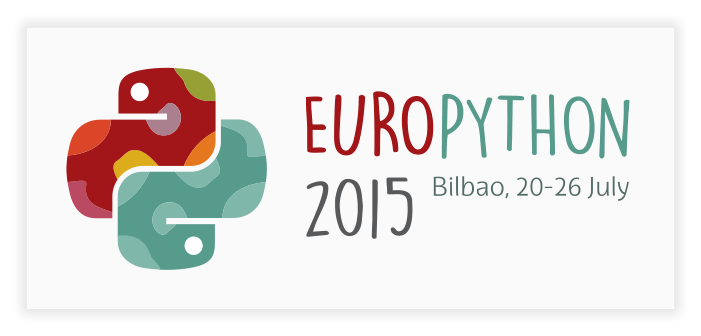Faster Python Programs - Measure, don't Guess
Optimization can often help to make Python programs faster or use less memory. Developing a strategy, establishing solid measuring and visualization techniques as well as knowing about algorithmic basics and datastructures are the foundation for a successful optimization. The tutorial will cover these topics. Examples will give you a hands-on experience on how to approach efficiently.
Audience: Programmers with good basic Python knowledge. No previous knowledge in the field of optimization is required.
Objectives: This tutorial will help you to get the most out of your optimization work. You will learn useful techniques for details combined with an overall strategy for the big picture.
Detailed Abstract: Python is a great language. But it can be slow compared to other languages for certain types of tasks. If applied appropriately, optimization may reduce program runtime or memory consumption considerably. But this often comes at a price. Optimization can be time consuming and the optimized program may be more complicated. This, in turn, means more maintenance effort. How do you find out if it is worthwhile to optimize your program? Where should you start? This tutorial will help you to answer these questions. You will learn how to find an optimization strategy based on quantitative and objective criteria. You will experience that one’s gut feeling what to optimize is often wrong.
The solution to this problem is: „Measure, Measure, and Measure!“. You will learn how to measure program run times as well as profile CPU and memory. There are great tools available. You will learn how to use some of them. Measuring is not easy because, by definition, as soon as you start to measure, you influence your system. Keeping this impact as small as possible is important. Therefore, we will cover different measuring techniques.
Furthermore, we will look at algorithmic improvements. You will see that the right data structure for the job can make a big difference. Finally, you will learn about different caching techniques.
More Info: You will need Python 2.7 or 3.4 installed on your laptop. Python 2.6 or 3.3 should also work. Very detailed installation instructions will be given to all participants well before the course.

Do you have some ipython notebook?
Thx+Peace,
R.
m-BioSecure Project Manager (Mobile Bamking Security)
Start-up : Algerian IT Security Group
Address : Cyber Park de Sidi Abdellah
E1 S6 ST 15
Incubateur Techno-bridge
Route Nationale n° 63 Rahmania Zeralda
BP n° 61 Mahelma 16121 Alger - ALGERIE
Mobile : 00 213 551 258 291
Email : biometric.security@laposte.net
Skype : ourdani.yassine
LinkedIn : Yassine OURDANI